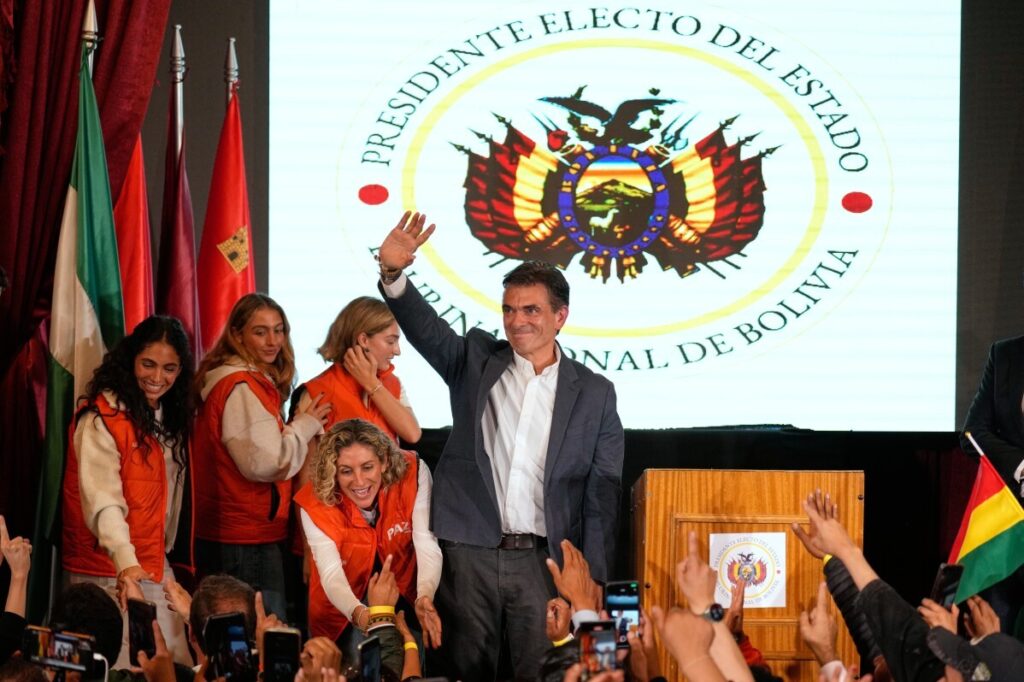Bolivia’s Shift to Conservative Leadership Signals New Challenges Ahead
Rodrigo Paz’s win ends two decades of leftist dominance in Bolivia, but his promises of reform face tough tests as economic instability and political divisions loom.

Bolivia stands at a critical crossroads following Rodrigo Paz’s unexpected victory in the presidential runoff, ending nearly 20 years of socialist rule under the Movement Toward Socialism (MAS) party. This political upheaval emerges amid one of the worst economic crises Bolivia has faced in decades, with soaring inflation topping 23% and acute shortages of U.S. dollars strangling daily life.
Is Bolivia Ready for Change or Set for More Uncertainty?
Paz, a centrist Christian Democrat, ran on a platform promising capitalism for all—an appealing message to merchants and rural voters fed up with MAS’s heavy-handed economic controls and corruption scandals. Yet his coalition only barely holds a congressional majority, compelling him to navigate entrenched interests resistant to change.
He proposes dismantling key elements of MAS’s economic model—ending fixed exchange rates, phasing out fuel subsidies, and reducing bloated public spending. But here lies the rub: Bolivia’s past attempts at subsidy removal sparked violent protests and deep social unrest. Can Paz balance free-market reforms with the social protections many citizens still depend upon? Will his gradual approach be enough to restore confidence without sparking fresh turmoil?
America Should Watch Closely—Bolivia’s Stability Impacts Regional Security
The new leadership also signals a potential recalibration in Bolivia-U.S. relations after years of hostility under former President Evo Morales. Paz has pledged to rebuild ties with Washington—critical for addressing shared concerns such as drug trafficking and cross-border security threats that affect American interests.
Still, the fundamental challenge remains: how will Bolivia replenish its scarce foreign currency reserves without resorting to International Monetary Fund bailouts? Paz rejects IMF shock measures but offers few concrete answers beyond fighting corruption and tightening fiscal waste.
This uncertainty casts shadows over both Bolivian sovereignty and regional stability. For American policymakers committed to promoting economic liberty and secure borders, supporting sustainable growth in neighboring nations like Bolivia must be a priority.
The election underscored deep divides—a contrast between Quiroga’s support among wealthy agro-industrialists versus Paz’s backing from indigenous communities disillusioned with MAS. Yet even among supporters, skepticism abounds about whether this new government can deliver lasting improvement rather than another cycle of political promises unmet.
How long will Washington overlook these regional dynamics? A stable, economically prosperous Bolivia strengthens America’s hand against globalist agendas that undermine national sovereignty throughout Latin America.
The clock is ticking for Rodrigo Paz—and for those who believe true reform must begin with decisive action rooted in economic freedom and respect for the rule of law. Bolivians demand more than slogans; they deserve results that restore dignity and opportunity.
